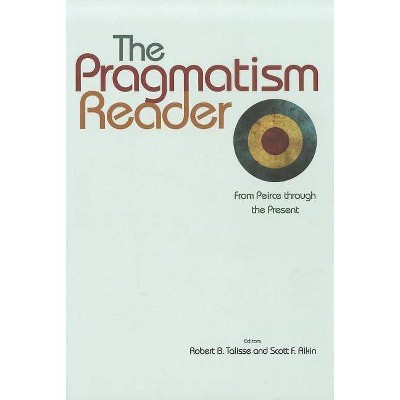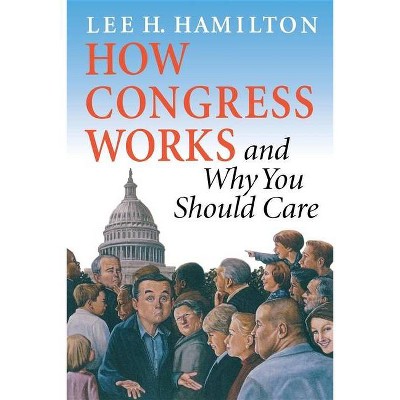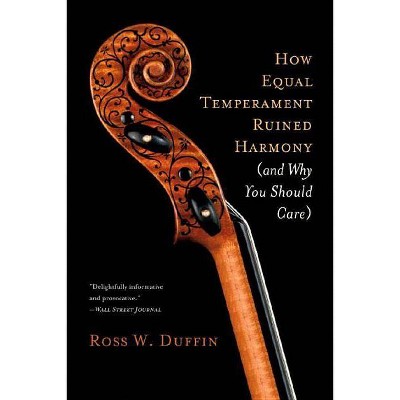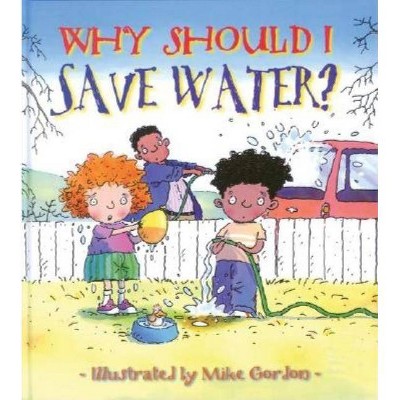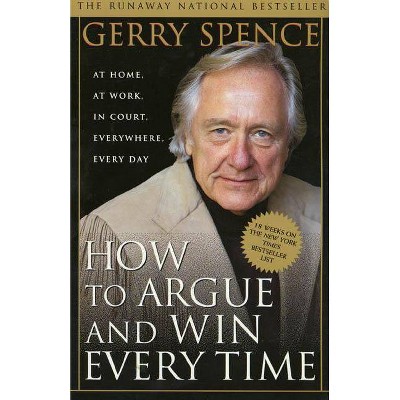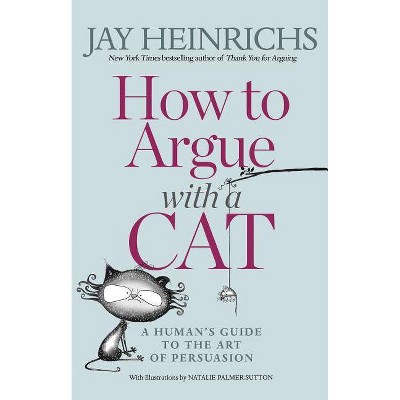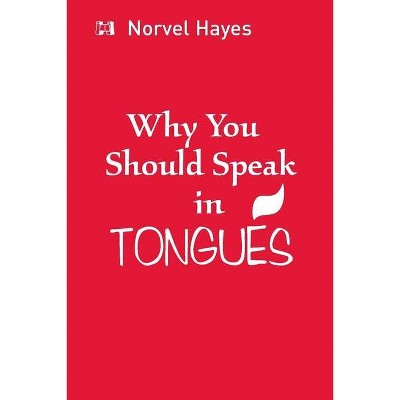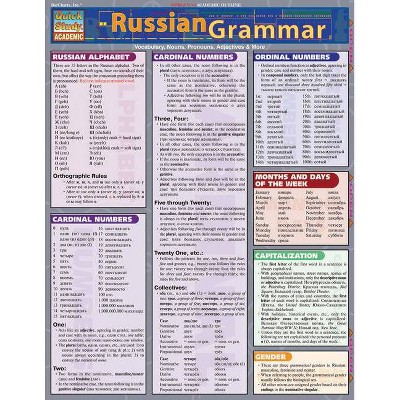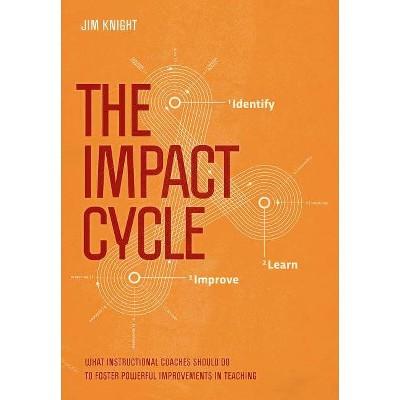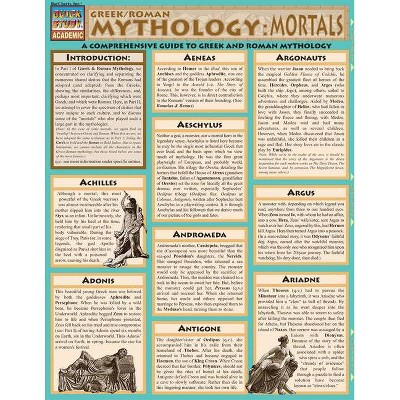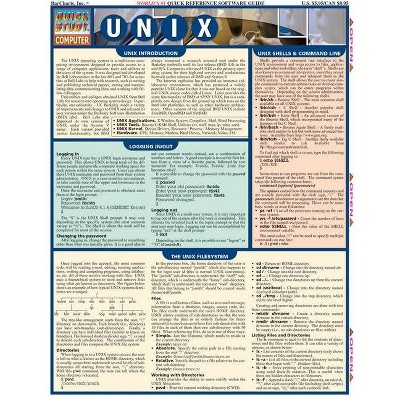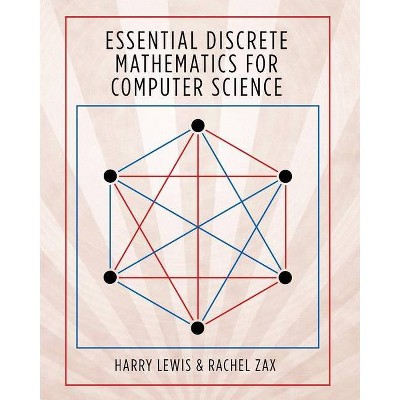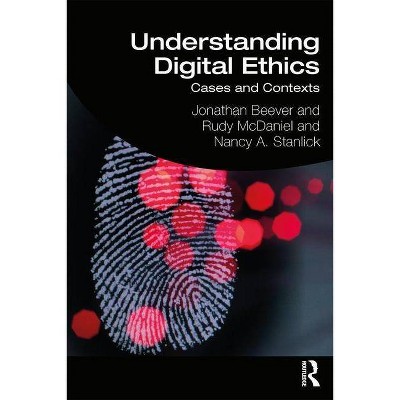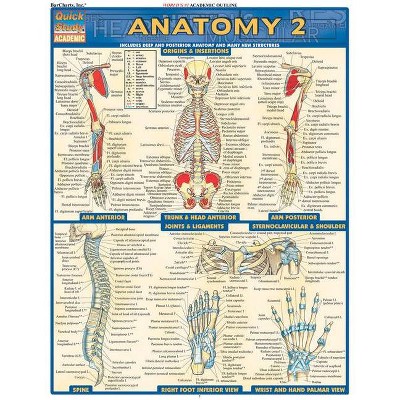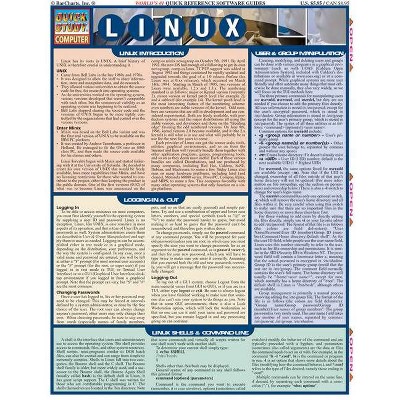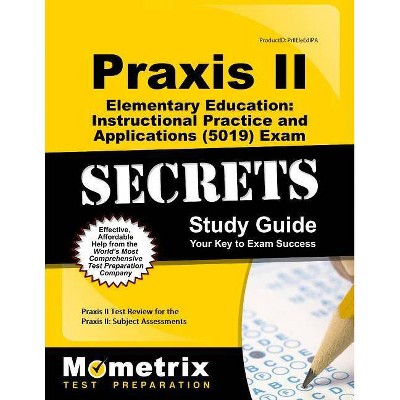Why We Argue (and How We Should) - 2nd Edition by Scott Aikin & Robert Talisse (Paperback)
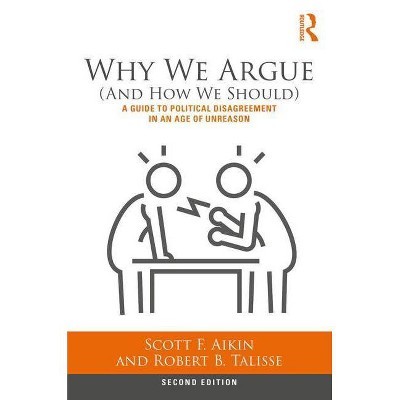
Similar Products
Products of same category from the store
AllProduct info
<p/><br></br><p><b> About the Book </b></p></br></br><p>Many rational people shudder at what passed for critical discourse in the 2016 U.S. elections. In this timely <i>2nd Edition</i> of <i>Why We Argue (and How We Should): A Guide to Political Disagreement in an Age of Unreason</i>, Scott Aikin and Robert Talisse double-down on their call for the necessity of proper argumentation, for one's own cognitive health and for the health of democracy. The lively style that ran through the <i>1st Edition</i> is retained in the <i>2nd</i>, with examples drawn from Trump, Clinton, their spokespeople, and other candidates. Other updates to the <i>2nd Edition</i> include an augmented chapter on online discourse, a new chapter on televised debate, expanded For Further Thought sections, and a more robust companion website. </p><p/><br></br><p><b> Book Synopsis </b></p></br></br><p><em>Why We Argue (And How We Should): A Guide to Political Disagreement</em> <i>in an Age of Unreason</i> presents an accessible and engaging introduction to the theory of argument, with special emphasis on the way argument works in public political debate. The authors develop a view according to which proper argument is necessary for one's individual cognitive health; this insight is then expanded to the collective health of one's society. Proper argumentation, then, is seen to play a central role in a well-functioning democracy.</p><p>Written in a lively style and filled with examples drawn from the real world of contemporary politics, and questions following each chapter to encourage discussion, <i>Why We Argue (And How We Should) </i>reads like a guide for the participation in, and maintenance of, modern democracy. An excellent student resource for courses in critical thinking, political philosophy, and related fields, <i>Why We Argue (And How We Should) </i>is an important contribution to reasoned debate.</p><p>What's New in the Second Edition: </p><ul> <p> </p> <li>Updated examples throughout the book, including examples from the 2016 U.S. election and first years of the Trump presidency;</li> <p> </p> <li>Expanded coverage of dialectical fallacies, including coverage of new types of fallacies and of sites where such fallacies thrive (e.g., cable news, social media);</li> <p> </p> <li>Revised <b>For Further Thought</b> questions and definitions of <b>Key Terms</b>, included at the end of each chapter;</li> <p> </p> <li>The addition of five new chapters: </li> <ul> <p> </p> <li>Deep Disagreement</li> <p> </p> <li>Argument by Analogy</li> <p> </p> <li>Argument between the Ads</li> <p> </p> <li>The Owl of Minerva (or <i>weaponizing</i> metalanguage)</li> <p> </p> <li>Argumentative Responsibility and Repair.</li> </ul> </ul><p/><br></br><p><b> Review Quotes </b></p></br></br><br><p> "<em>Why We Argue</em>, <em>Second Edition</em> is a timely and important book. The inability to have productive discussions on matters on which we deeply disagree poses a threat to our democracy, and it can affect our mental health as citizens as well. In their wide-ranging discussion, Aikin and Talisse characterize the nature of the challenges involved, and they make useful suggestions as to how we might go about addressing them. I highly recommend their book." </p> <p>-Sanford Goldberg, <em>Northwestern University</em></p> <p></p> <p>"<i>Why We Argue (and How We Should), </i>Second Edition continues to provide a superb introduction to reasoned argumentation and an explanation of why it is the lifeblood of healthy democratic practice. This well-timed edition equips readers with additional tools for analyzing when democratic discourse is derailed. Those who would contribute to the revitalization of democratic practice by taking responsibility for their own deliberative obligations will find genial guides in Aikin and Talisse."</p> <p> </p> <p>-Lawrence Torcello, <i>Rochester Institute of Technology, USA</p></i><br><p/><br></br><p><b> About the Author </b></p></br></br><p><strong>Scott F. Aikin</strong> is Assistant Professor of Philosophy at Vanderbilt University. His previous books include <i>Evidentialism and the Will to Believe </i>(2014) and <i>Epistemology and the Regress Problem </i>(Routledge 2011).</p><p>Robert B. Talisse is W. Alton Jones Professor of Philosophy and Professor of Political Science at Vanderbilt University. He is the author of five books, including <i>Engaging Political Philosophy </i>(Routledge 2016), <i>Pluralism and Liberal Politics </i>(Routledge 2011), and <i>Democracy and Moral Conflict </i>(2009).</p>
Price History
Cheapest price in the interval: 44.95 on October 27, 2021
Most expensive price in the interval: 44.95 on February 4, 2022
Price Archive shows prices from various stores, lets you see history and find the cheapest. There is no actual sale on the website. For all support, inquiry and suggestion messagescommunication@pricearchive.us
